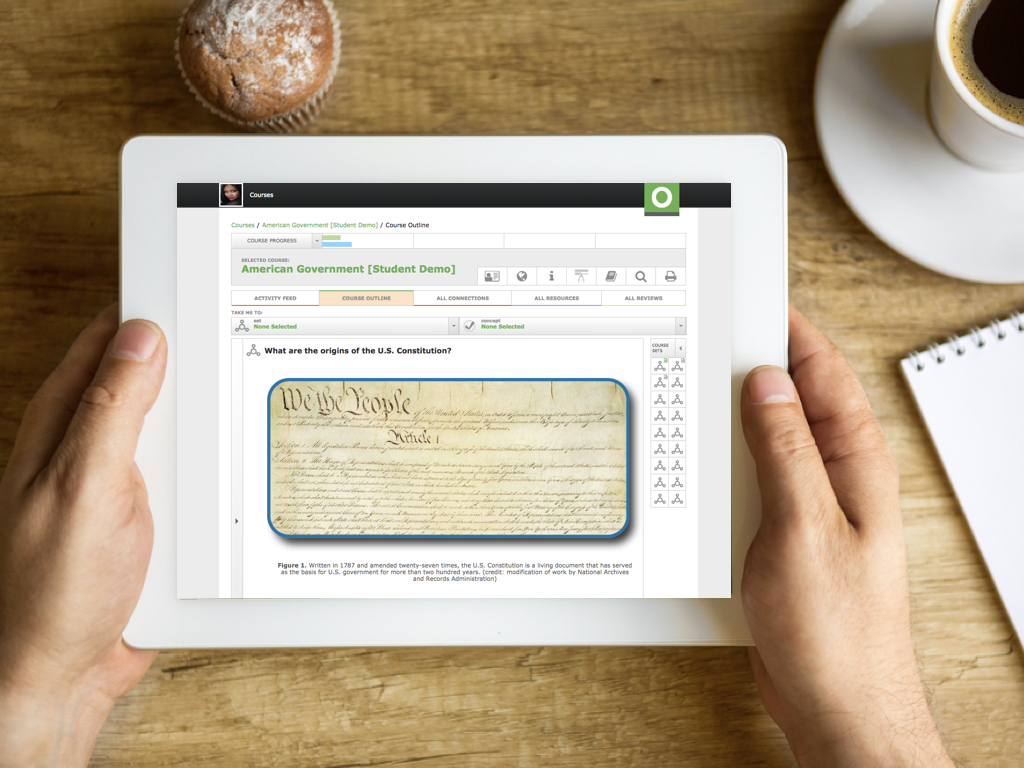
American Government
The comprehensive contents from this book, combined with Odigia’s Teaching and Learning Tools have everything you need to engage, collaborate, track and assess your students.
This course includes:
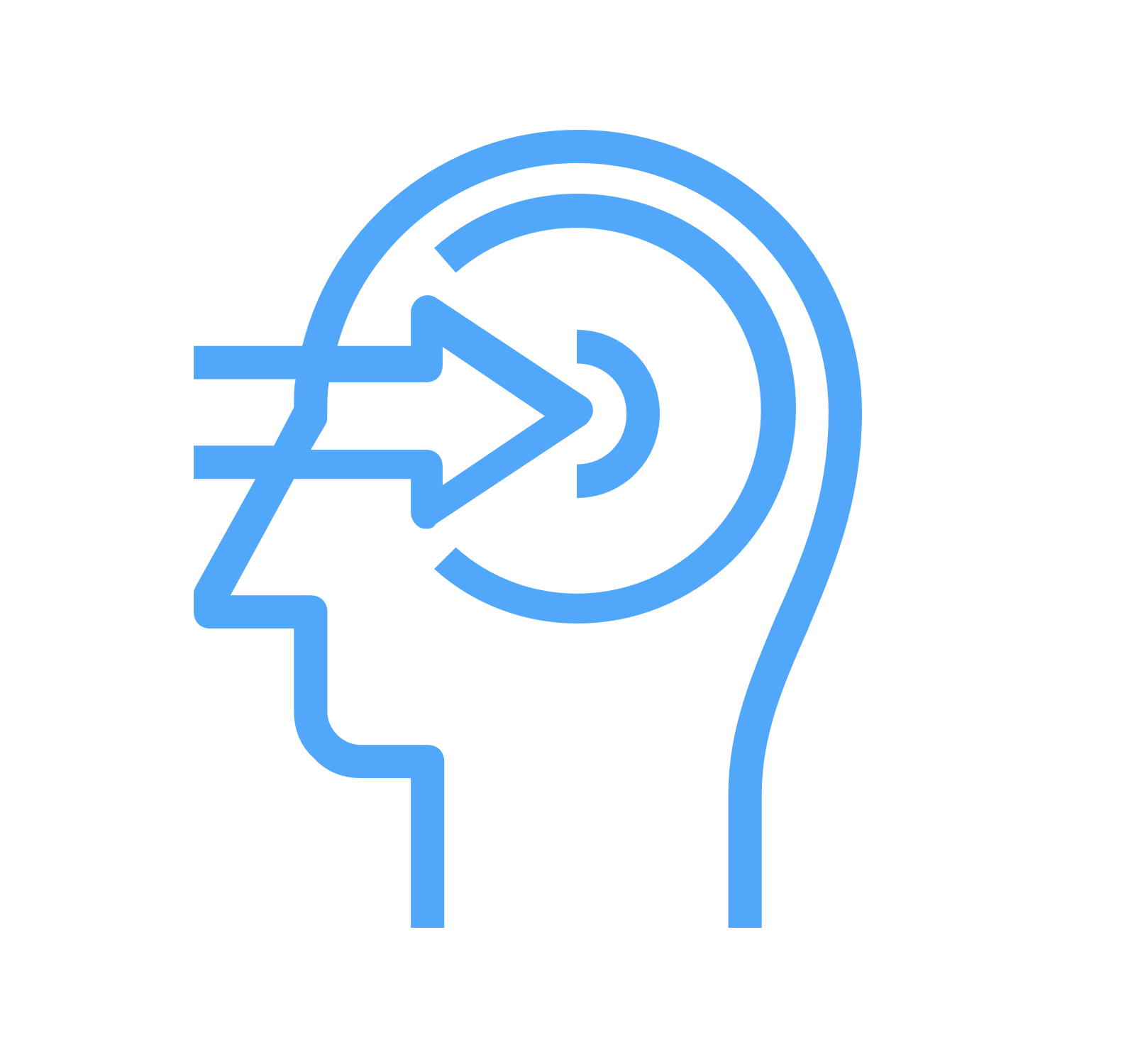
195
practice questions
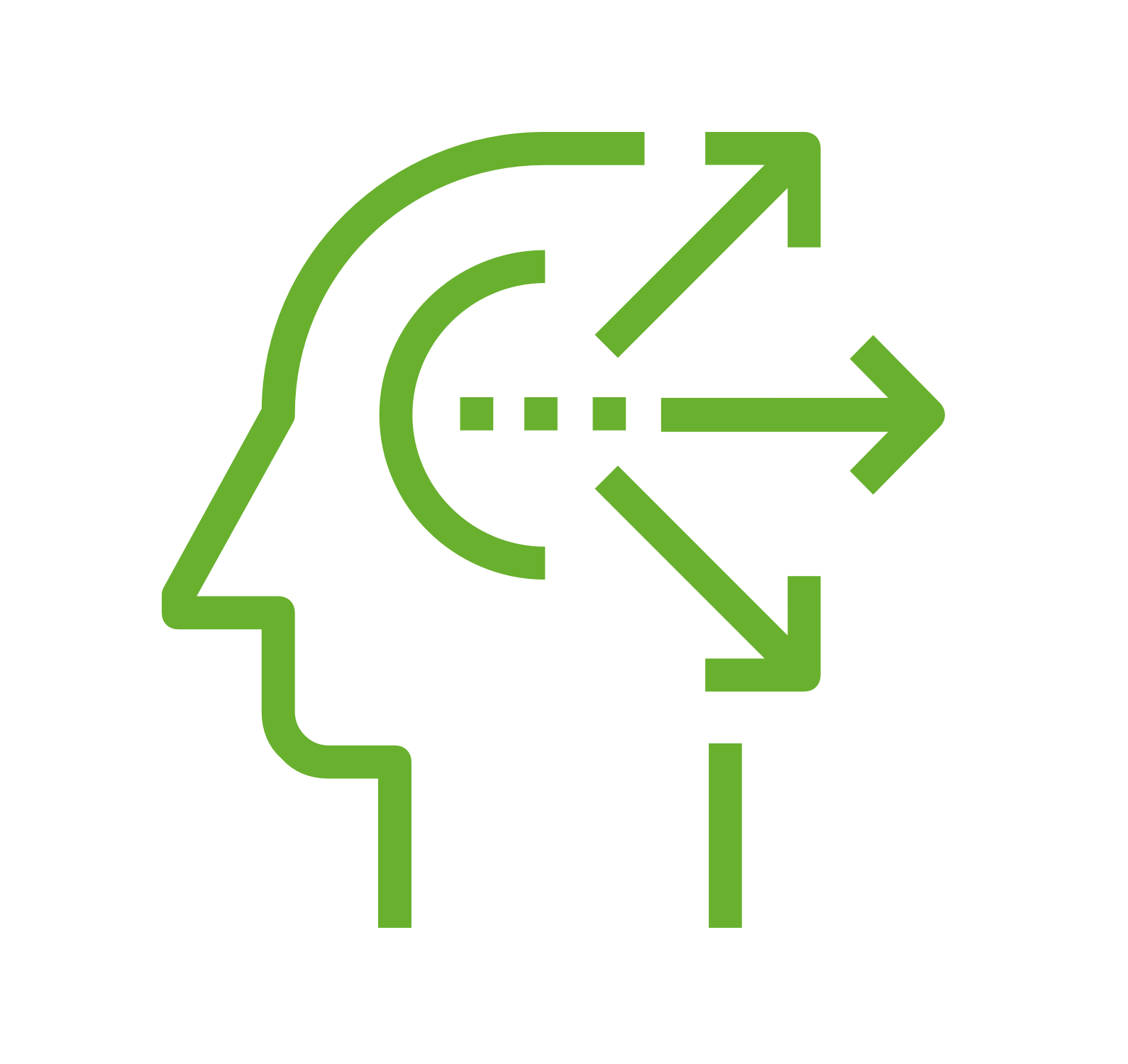
136
engagement activities
Helping Teachers Do What They Do Best: Teach

Customize
Use our courses as is or easily customize them to fit your teaching style and the needs of your students. You can add your favorite resources, hide and show our existing content and pre-built assessments, or make them your own. Everything your students need, in one place!
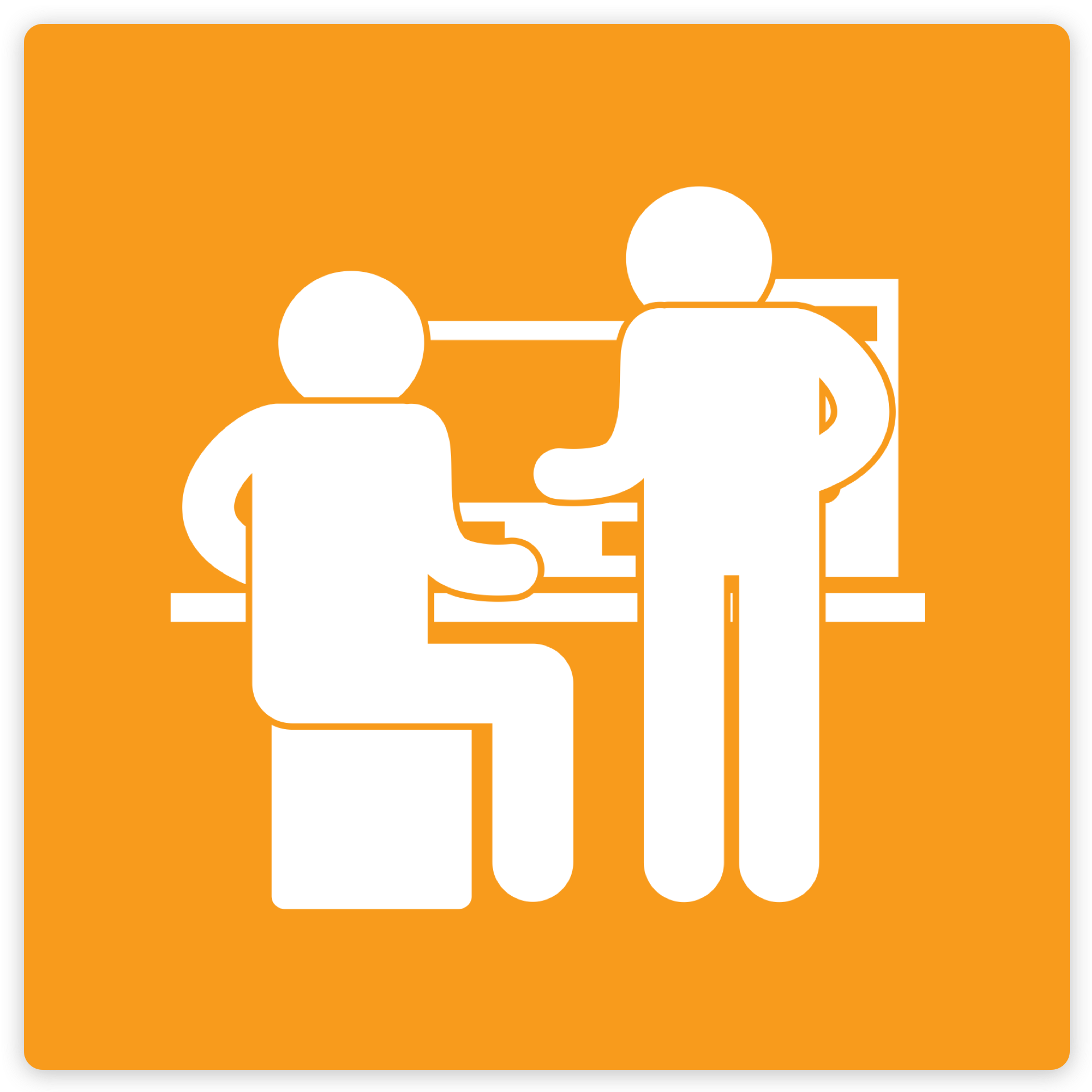
Engage and Collaborate
Odigia combines learning materials, discussions, and tools to create a familiar social experience for students allowing you to easily connect and redirect students attention.
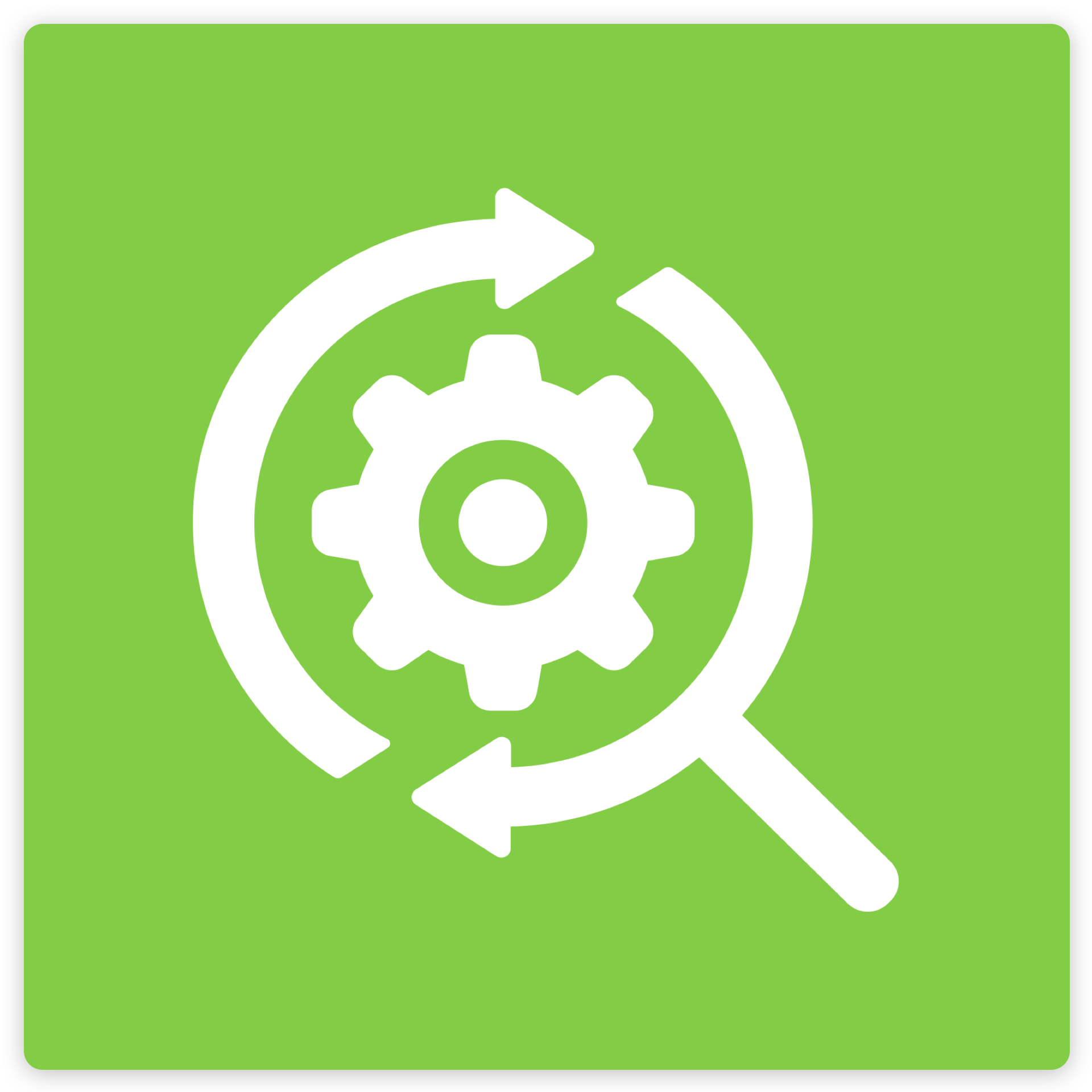
Track
See how much time students are spending on different areas of the course, which areas are creating the most amount of engagement and identify topics the students are struggling with. Flag and provide feedback on assignments to proactively meet individual students' needs.
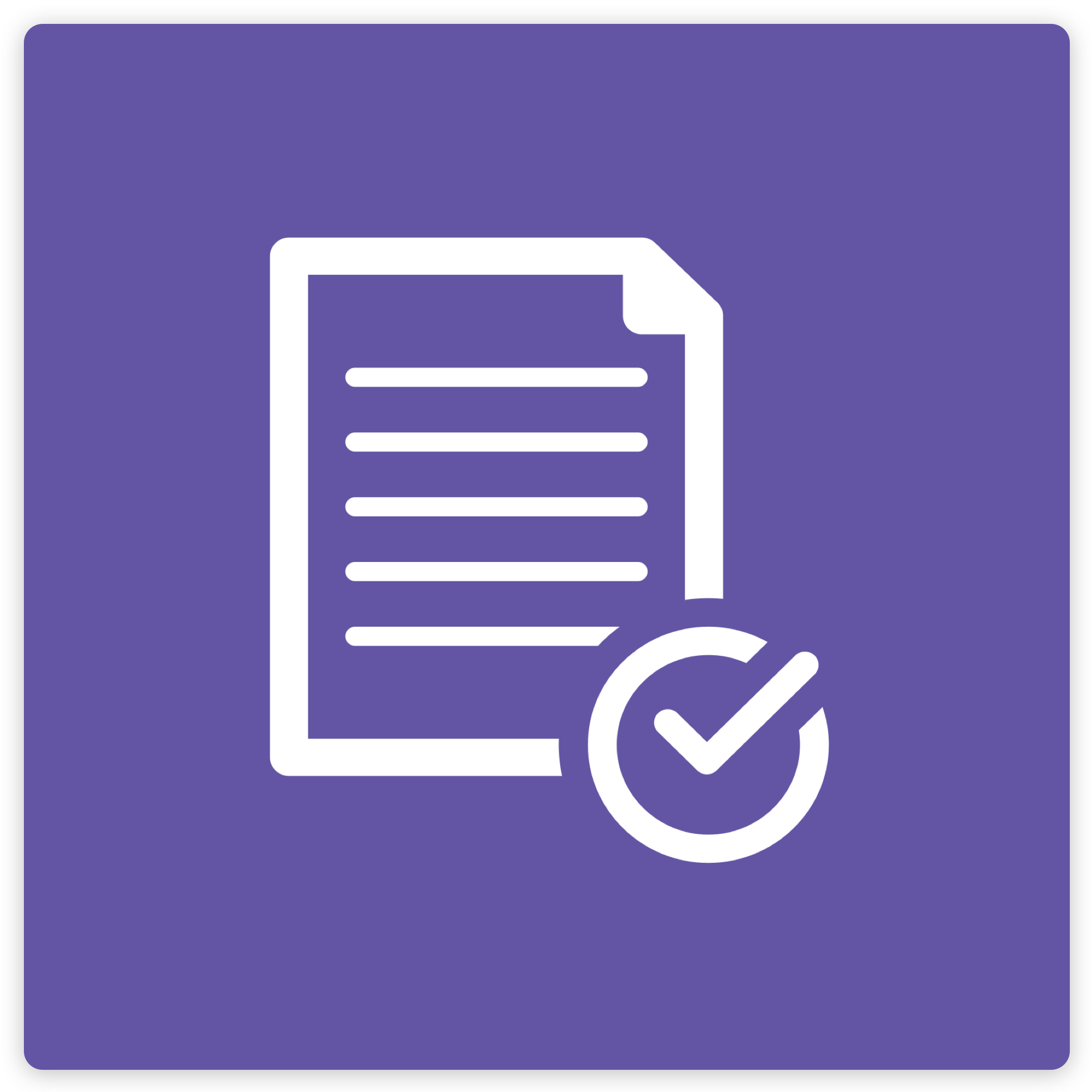
Assess
Game theory allows students to monitor their progress visually and motivates them to stay on track. Students can see exactly what activities they need to complete, which ones have been flagged and compare their progress against the overall class.
American Government Course Outline
How does civic engagement shape American Government?
- What is government?
- What is the pluralism-elitism debate?
What are the origins of the U.S. Constitution?
- How did the Pre-Revolutionary Period share the American political tradition?
- What are the Articles of Confederation?
- How was the Constitution developed?
- What steps are required to ratify the Constitution?
- How can the Constitution be amended?
How did American Federalism begin and evolve?
- Why must power be divided between different levels of government?
- How has American Federalism evolved?
- What are federal intergovernmental grants?
- What does competitive federalism look like today?
- What are the advantages and disadvantages of federalism?
How are civil liberties balance against the interests of society?
- What are civil liberties?
- How do we secure basic freedoms?
- What rights do criminal suspects have?
- How is the Bill of Rights interpreted?
Why are civil rights important?
- What are civil rights and how do we identify them?
- How have African Americans struggled for equality throughout history?
- How has the fight for women’s rights evolved?
- What civil rights do indigenous groups have?
- How is equal protection for other groups achieved?
What are the politics of public opinion?
- What is the nature of public opinion?
- How is public opinion measured?
- What does the public think?
- What are the effects of public opinion?
How are citizens compelled to vote and participate in elections?
- How does the government promote voter rights and registration?
- What factors affect voter turnout?
- What is the election process?
- How do political campaigns reach out to voters?
- Why is direct democracy important?
What influence does the media have on the American Government and its citizens?
- What is the media?
- How has the media evolved over time?
- How is the media regulated?
- Why is the media so impactful?
Why are political parties necessary for a true democracy?
- What are political parties, and how did they form?
- What is the two-party system?
- How are modern political parties shaped?
- What are the problems and benefits of a divided government and partisan polarization?
How and why are interest groups formed?
- How are interest groups defined?
- What is collective action, and how does it affect interest group formation?
- How do interest groups serve as a means for political participation?
- In what ways do interest groups influence the government?
- How are interest groups regulated?
How does Congress function?
- What is the institutional design of Congress?
- How are congressional elections shaped?
- What are the basics of congressional representation?
- How are the House and Senate organized?
- What are the steps of the legislative process?
What role does the presidency play in American Government?
- How was the presidency designed, and how has it evolved?
- What are the stages of the presidential election process?
- How is power transferred peacefully between presidents?
- In what ways do presidents appeal to the public for approval?
- What direct power can presidents exercise, and what powers must they negotiate?
How does the court system work?
- How has the role of courts evolved over time?
- What is the dual court system?
- How does the federal court system operate?
- What are the main functions and responsibilities of the Supreme Court?
- How does the Supreme Court make and implement its decisions?
What role does state a local government play in our lives?
- What powers do state governments have?
- How is state political culture shaped?
- What are the responsibilities of governors and state legislatures?
- What are the benefits and disadvantages of state legislative term limits?
- Why is county and city government important?
Who makes and enforces the rules of bureaucracy?
- How has bureaucracy and public administration evolved in the U.S.?
- What is merit-based civil service?
- What are the different types of federal bureaucracies and their functions?
- How do various government bodies work to control the bureaucracy?
How is domestic policy determined and enforced?
- What is public policy?
- How is public policy categorized?
- What are the key domestic arenas of public policy?
- How do policymakers influence the political process?
- How is budgeting and tax policy handled by the U.S. government?
What are the main foreign policy goals of the U.S.?
- How is foreign policy defined?
- What are the instruments of foreign policy?
- How do institutional relations dictate foreign policy?
- What are the different approaches to foreign policy?
American Government is designed to meet the scope and sequence requirements of the single-semester American government course. This title includes innovative features designed to enhance student learning, including Insider Perspective features and a Get Connected Module that shows students how they can get engaged in the political process. The book provides an important opportunity for students to learn the core concepts of American government and understand how those concepts apply to their lives and the world around them. American Government includes updated information on the 2016 presidential election.
About the authors:
Senior Contributing Authors
Glen Krutz (Content Lead), University of Oklahoma
Sylvie Waskiewicz, PhD (Lead Editor)
Contributing Authors
Joel Webb, Tulane University
Shawn Williams, Campbellsville University
Rhonda Wrzenski, Indiana University Southeast
Tonya Neaves, George Mason University
Adam Newmark, Appalachian State University
Brooks D. Simpson, Arizona State University
Prosper Bernard, Jr., City University of New York
Ann Kordas, Johnson & Wales University
Christopher Lawrence, Middle Georgia State College
Jennifer Danley-Scott, Texas Woman’s University

